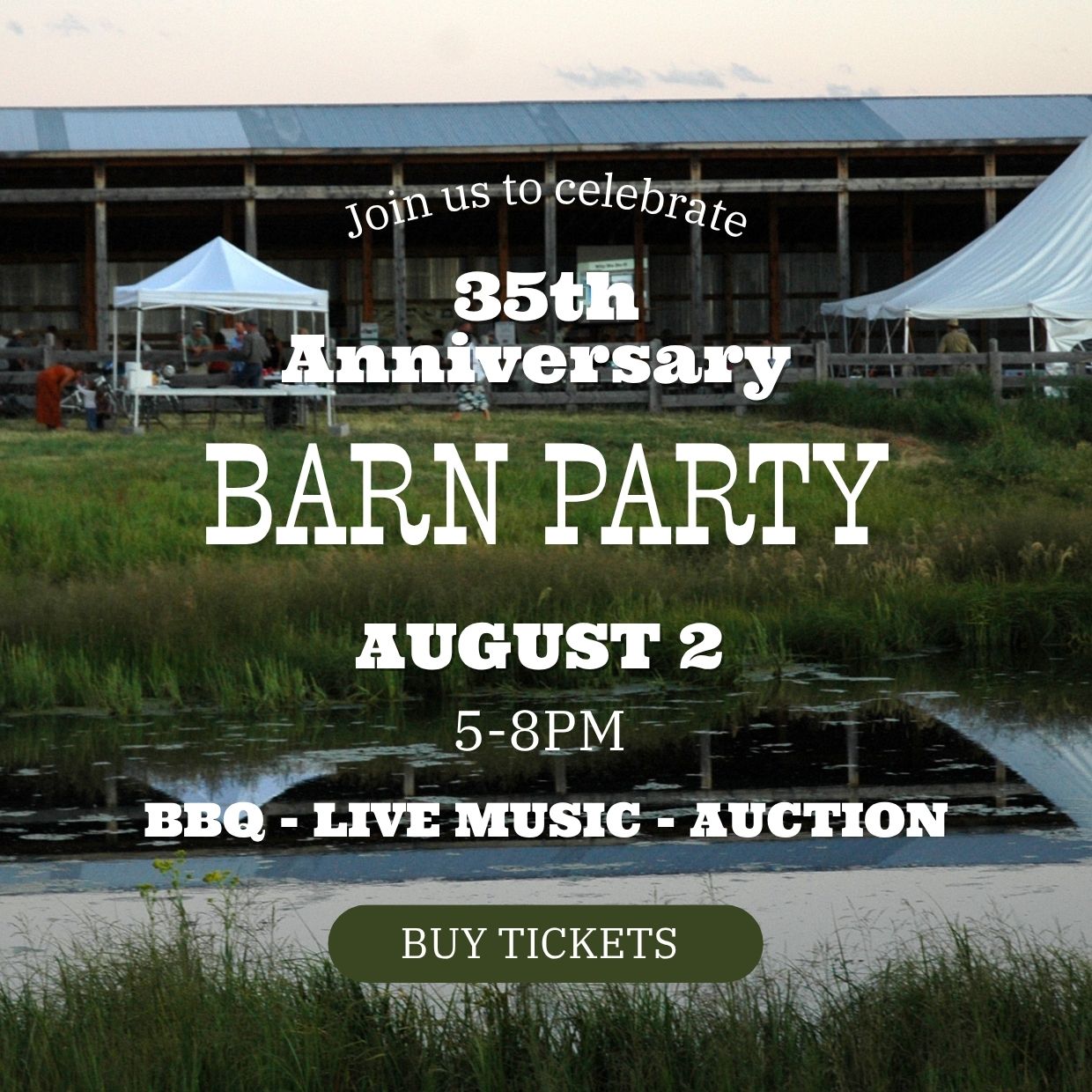Teton Full Circle Farm
“A community is the mental and spiritual condition of knowing that the place is shared and that the people who share the place define and limit the possibilities of each other’s lives. It is the knowledge that people have of each other, their concern for each other, their trust in each other, the freedom with which they come and go among themselves.”
― Wendell Berry
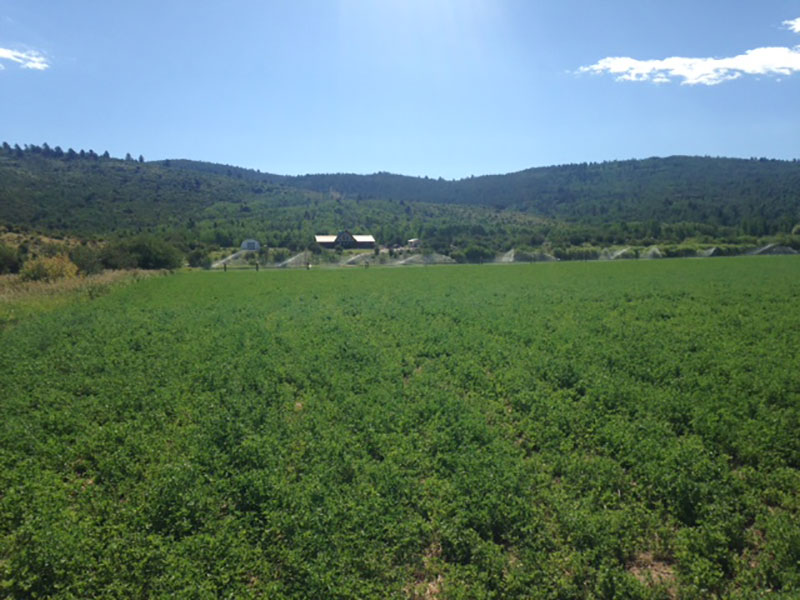
Teton Full Circle Farm owners Erika Eschholz and Ken Michael own twenty acres of prime farmland just outside the City of Victor. Though this parcel could have easily sold for residential development, Erika and Ken saw prospect in the property to turn it into their dream farm and worked with Teton Regional Land Trust to place it under conservation easement in order to afford the land. The funds from the conservation easement payment went directly to pay off their farm loan which allowed them to put future farm-generated income into improving and expanding their farm. Additionally, if and when they sell the farmland it will be sold to a farmer at an agricultural land-use price because it cannot be developed, ensuring that the land stays affordable for the next farmer.
Teton Full Circle is a certified organic farm. Organic farms provide benefits to pollinator and insect species that are seeing population declines due to prevalent use of heavy pesticides and loss of habitat. Pollinators provide an essential ecosystem service that benefits agricultural producers, agricultural consumers, and gardeners. Protection of Teton Full Circle Farm will benefit pollinator species designated by the Idaho Department of Fish and Game as Species of Greatest Conservation Need including: Hunt’s bumble bee, Morrison’s bumble bee, and Mason bee. Teton Full Circle Farm takes organic farming a step further with biodynamic farming practices. Organic and biodynamic farming are similar as both grow without chemicals and Genetically Modified Organisms (GMOs); moreover, biodynamic farming is a holistic practice where all things are considered living interrelated systems – animals, plants, soil, and the solar system. A farm is viewed as its own organism where everything it needs to thrive is produced onsite.
Teton Full Circle Farm has grown their Community Supported Agriculture (CSA) operation on their new farm, providing local food for their community. They currently offer half-shares and full-shares of their delicious produce as well as an organic seasonal flower CSA. Buying from sustainable farms like Teton Full Circle supports local food, healthy ecosystems, and a strong community.
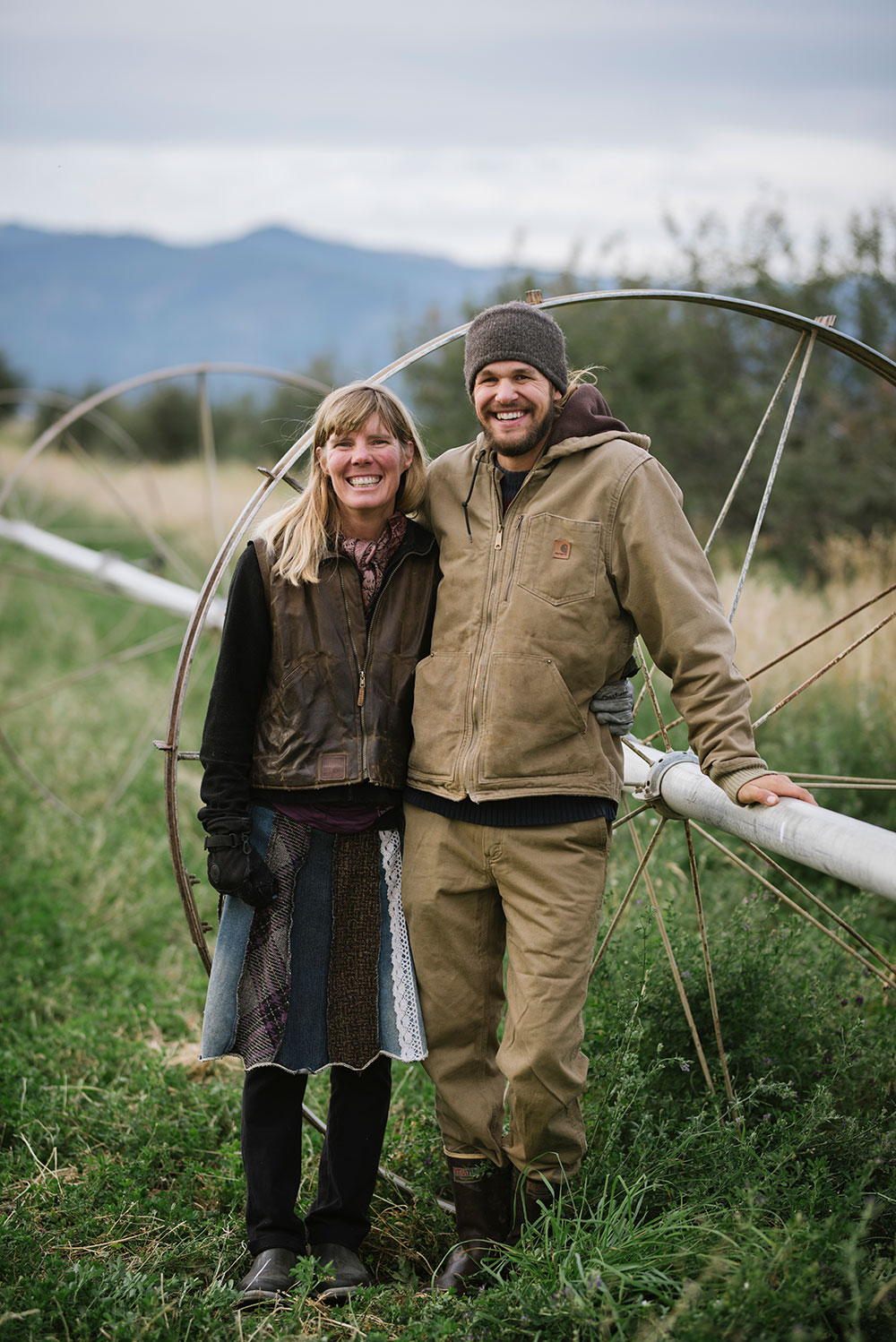
Photo by Camrin Dengel
Ken and Erika’s story, in their own words:
It is really no surprise we farm. We both grew up in families where much of the food we ate came from the backyard. From a young age we learned how to raise, care for, and take pride in a productive home garden. As we got older, we became more and more spoiled on an abundance of good things to eat. Gardening became a passion, a way of life.
We fell in love the summer of 2012. Erika, a seasoned farmer and gardener was in her fourth year as farm manager at Snowdrift Farm. Ken, an idealistic intern with big ideas was fresh out of college with his sights set on farming. We became inseparable. Sharing a propensity toward simple living, a deep appreciation for nature, and an incurable gardening fever, we embarked on a path to heal the earth through organic/biodynamic farming.
In 2013, we founded Erika Eschholz LLC doing business under the Snowdrift Farm name. After completing a successful season and becoming engaged in the fall, an irresistible opportunity arose at the former Blue Flax Farm. In spring, 2014 Teton Full Circle Farm was born.
From the beginning of Teton Full Circle Farm, we sought a place to sink our roots and call home. Though we loved simple living, our off-grid yurt life with no running water would take its toll. We considered buying our farm at Mountainside Village outright, but could not afford to purchase at development prices. We looked farther afield.
We identified four property purchase essentials to guide our land search: good soil, reliable water access, supportive community, and affordable land. In 2015, we visited a property in Greenville, West Virginia complete with rolling pastures and expansive woods, only to find that despite its incredible natural beauty it lacked a reliable water source and supportive community to buy the produce.
In February 2016 Erika’s parents found a dream farm for sale near their home in Maine. It was 90-acres of picturesque fields and woodland boasting a well-kept historic farm house, barns and outbuildings. Moreover, this farm was listed at below half its original market value thanks to the Maine Farmland Trust. In a novel strategy for conserving land, the Farmland Trust purchased the farm, placed an agricultural easement on the property and listed it without its development rights, making this idyllic farm not just affordable, but a screaming deal. It sounded too good to be true – and it was. Applications to purchase the farm closed the day before we called. Disappointed yet encouraged, we made contact with the Maine Farmland Trust to learn how agricultural easements make farmland affordable and protect it forever.
That spring we redoubled our efforts to find land out east. We scoured farm listings, made contact with land owners, and booked flights to Maine and Vermont. New England was charming and peaceful, but nowhere did we find all four of our criteria. We returned home heavy-hearted and back at square one. Our trip forced us to face the realities of moving and starting over across the country felt impossible. Meanwhile, our homecoming helped us realize how deeply we loved our community in the Tetons. How could we leave?
Then it happened. A few weeks after our return, the perfect property surfaced just one mile north (as the crow flies) of our present leased land in Victor, Idaho. “Hey Ken and Erika, I saw a piece of property over by my place you may be interested in. It sounds a lot like what you said you’re looking for,” wrote Scott Paulson via text one evening in early July. A few days later on the 4th we visited the farm and within minutes knew it was the one. It had good soil, solid irrigation water, and the same great community we loved, and a reasonable price relative to other properties we viewed. The only problem was that, despite being more reasonable than other properties, this land was listed at development prices, thus out of our reach.
After all we had gone through, money was not going to deter us and we immediately set our minds to making this farm a reality. We contacted the USDA Farm Service Agency to see if we were candidates for a low-interest loan. Check. We contacted the Teton Regional Land Trust to see if they could put an agricultural easement on this property. Check. Thus encouraged, we chipped away at months of negotiations with the seller and one massive loan application from the USDA Farm Service Agency in-between harvest days. After submitting dozens of mind-numbing financial and agricultural reports from the last three years, we were accepted for a mortgage loan. Fall came, the growing season ended, and on November 4th, 2016 our dream came true.
Gardening has been a part of us all of our lives and we finally have a place to carry out our vision. On this farm, we will build soil, increase biodiversity, improve human health, and create opportunities for new farmers to pursue their passions. On this farm, community members will learn, eat great food, share knowledge and skills, and spread love. We are on the brink of something momentous, but we need your help to get there. Life just isn’t as delicious without local food and local farms.
Teton Regional Land Trust was proud to work with Ken and Erika in making their land affordable and protected forever. This is a great example of how a conservation easement can benefit the whole community. For more information about Teton Full Circle Farm, please visit: www.tetonfullcirclefarm.org
